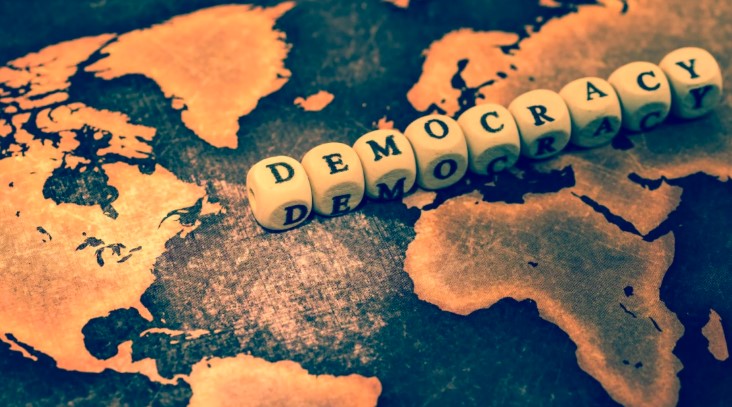How X’s algorithm shifts political attitudes

Algorithms curate what users of social media see, raising concerns that they may distort attitudes and affect social and political outcomes. This column reports on
When war weakens democracy

Wars do not end when the fighting stops. This column uses data covering 115 conflicts and 145 countries over the past 75 years to show
Why information campaigns may backfire: Voter heterogeneity and network effects

Political information campaigns that perform well in focus groups and pilot studies may backfire when applied at scale. This column uses a field experiment in
Brexit migration shifts: Benchmarking the UK to Germany

Brexit has been one of the most consequential institutional shocks to a major European economy in recent decades. This column examines how Brexit reshaped the
Spending smarter: A powerful growth strategy

With high public debt and weak medium-term growth, finance ministries seek to do more with less. This column argues that efficiency gaps in public spending
The impact of interest: How loan rates shape firm investment

Monetary policy moves aggregate investment, but the underlying drivers remain unclear. This column opens the black box with a German firm survey. A one percentage
Conditional budgeting: Striking a balance in EU economic governance

In July, the European Commission fired the starting gun on the negotiations of the next Multiannual Financial Framework – the EU’s budget. Against a tough
25% inflation, 50 years on

UK CPI inflation in 1975 reached 25%, a period now known as the ‘Great Inflation’. This column uses a range of empirical and narrative evidence
The return of inflation: Why ‘look through’ can backfire under incomplete information

Central banks facing post-pandemic inflation often considered ‘looking through’ supply shocks. Using a New Keynesian framework in which agents gradually learn whether a cost-push shock
Investor memory and biased beliefs: Evidence from the field

Financial markets are volatile, and research attributes this to highly variable and often irrational investor beliefs. This column uses a large-scale survey of Chinese retail





